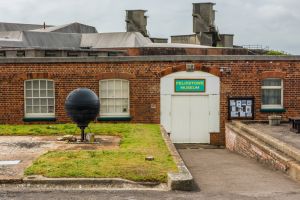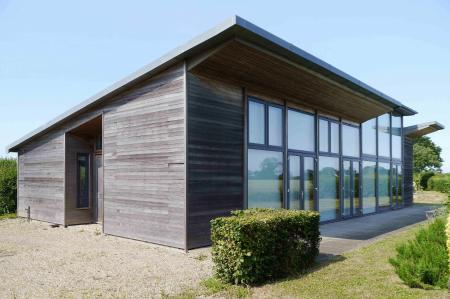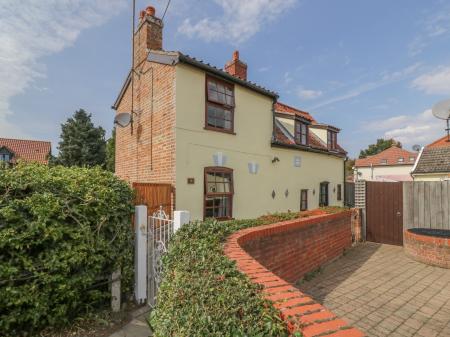
The museum covers the social and military history of Felixstowe and area, with displays of military and naval uniforms, artefacts, photographs, and models from the time of Henry VIII to the present day.
A special exhibit looks at local finds of Roman artefacts, and there is a display dedicated to models of aircraft, ships, and tanks. Further displays cover the history of paddle steamers in the Thames Estuary and East Anglia, the history of the Suffolk County Asylum, and much more of local interest.
The museum is based on four broad themes: military history, archaeology, social history, and St Audry's Hospital.
The military collections include exhibits on the royal navy, merchant marines, and the story of the WWII Coastal Forces base at Felixstowe. Uniforms, models, paintings, and photographs bring the story of the Marine Aircraft Experimental Establishment to life.
The archaeology collection has a fascinating display of objects dating from the last ice age to the present day. One of the earliest objects is a massive mammoth tooth found on Landguard Point. Other displays include Roman tiles, pots, coins, and jewellery. The Roman objects cover the 1st to the 4th century AD, and provide a glimpse into daily life in Roman Felixstowe. Almost modern by comparison is a display of medieval coins found locally.

The social History exhibit focusses on life in Victorian and Edwardian Felixstowe, with period fashion, toys, medicines, and food. See how our ancestors played and entertained themselves, pop into a recreated general store, and scan the menu from the 'Pier Pavillion Cafe' for a tasty treat, such as ham and tongue sandwiches at 1/6.
The St Audry's Hospital museum traces the history of this local institution from its foundation as a county asylum in 1832. Until the Hospital was founded, mentally ill patients were often restrained and confined in dreadful conditions, but under the direction of Dr John Kirkman, the medical superintendent from 1829-1876, St Audry's changed the direction of treatment for mentally ill patients, focussing on compassionate care and occupational therapy.
The Hospital closed in 1993 and its archives and museum collections were split up between the Felixstowe Museum, the county record office, and the Museum of East Anglian Life in Stowmarket.
Note:
Although the postal address of Felixstowe Museum is on Hamilton Road, the actual museum is located at the end of View Point Road, beside Landguard Fort.
 We've 'tagged' this attraction information to help you find related historic attractions and learn more about major time periods mentioned.
We've 'tagged' this attraction information to help you find related historic attractions and learn more about major time periods mentioned.



